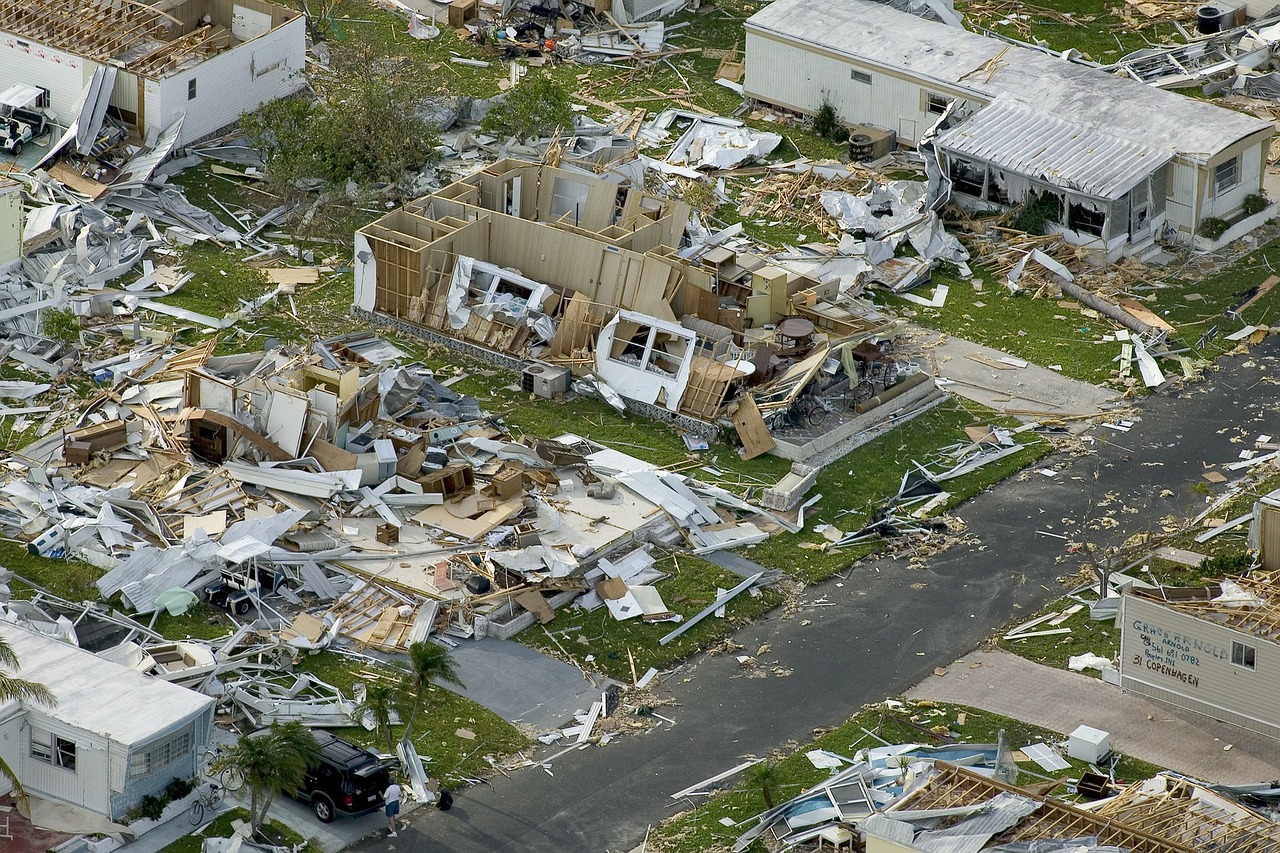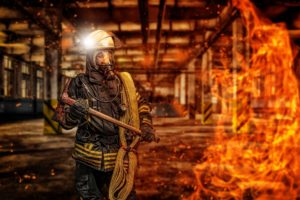Four Emergency Preparedness Tips for House Owners

Disasters and emergencies are no longer a total mystery to us because we now have the technology to foresee them. Although the prediction cannot be 100% accurate, most warnings issued by the credible institutions have managed to reach high accuracy. And as a house owner, you can increase your chances to save lives if you know whom to trust and what to act in such a dire condition.
1. Have a Fire Extinguisher
 Fire extinguishers are often the most undermined emergency item. People seem to rely too much on the fire department, while in reality, by the time the firefighters come, the fire has already caused irreparable damages to your home. Besides, if you still think that having a fire extinguisher a useless investment, you need to know that you do not need to spend more than $200 in order to prevent a $1000 destruction.
Fire extinguishers are often the most undermined emergency item. People seem to rely too much on the fire department, while in reality, by the time the firefighters come, the fire has already caused irreparable damages to your home. Besides, if you still think that having a fire extinguisher a useless investment, you need to know that you do not need to spend more than $200 in order to prevent a $1000 destruction.
2. Make an Accessible List of Emergency Contacts
 As stated in the opening paragraph, you do not deal with a disaster by yourself. Once you see a sign of trouble that is highly possible to be getting out of hands, you should call the police immediately. And for this step, most smartphones are usually set up by the manufacturer to allow you to contact for emergency lines without having to log in to your phone.
As stated in the opening paragraph, you do not deal with a disaster by yourself. Once you see a sign of trouble that is highly possible to be getting out of hands, you should call the police immediately. And for this step, most smartphones are usually set up by the manufacturer to allow you to contact for emergency lines without having to log in to your phone.
However, what many people seem to forget is the aftermath of the disaster. You must make a list of local restoration companies that are 24/7 in service. Do not think that you can handle all the remaining rubbles of your house by yourself because you will have been exhausted both mentally and physically by then.
3. Train Your Family to Prepare for Potential Disasters
In some areas, storms and flood occasionally happen, and in some others, no potential disasters are seemingly improbable. However, even if you live in a relatively safe neighborhood, you will still need to prepare for house fires. Therefore, discuss this topic with your family or anyone who lives with you so that everyone will get a high chance to survive during emergencies.
4. Prepare an Emergency Box
The emergency box we’re talking here does not only include bandaids, bandages, and antiseptic. It must also have flashlights, batteries, canned foods, water bottles, clothes, and money. You want all of this to be in one container that you can grab-and-go fast.
Moreover, it would be best if you do not use an actual box, but a suitcase or a bag instead. Make sure that the container is tear and water resistance so that it will not limit your mobility during the evacuation.


